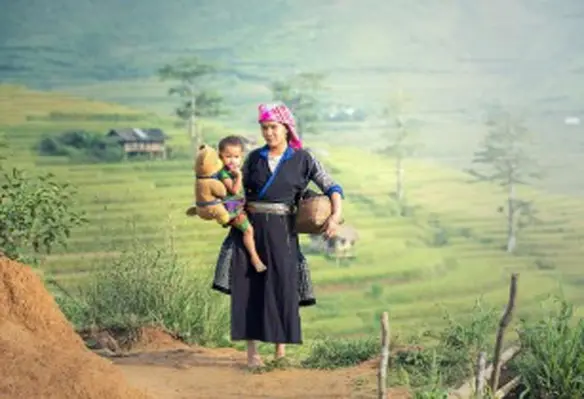Obesity affecting populations of the small island developing states (SIDS) is a health emergency and these nations need to take ownership of measures to address this worrying trends underlying causes, said FAO director-general José Graziano da Silva
The FAO chief made this remarks to participants including leaders of small island nations of a SIDS-focused event on the sidelines of the High-Level Political Forum 2019.
The impacts of climate change, limited local food due to scarce and degraded land and ocean resources, changes in diets and a high dependence on imported foods - often ultra-processed products that are high in salts, sugars and fats - have led to ‘extremely high levels of overweight and obesity,’ warned Graziano da Silva.
According to the 2019 State of Food Security and Nutrition in the World (SOFI) launched at the forum by FAO, IFAD, UNICEF, WFP and WHO, adult obesity in SIDS is almost 60 percent higher than the global average (20.9 per cent versus 13.2 per cent) and in many Polynesian and Micronesian small island nations, almost one in two adults is obese.
The prevalence of hunger or undernourishment is also higher in SIDS than globally (17.5 per cent compared to 10.7 per cent), according to the latest SOFI report.
“The growing reliance on food imports is related to the vulnerability of local food systems that support more diversified diets and to weather-related shocks,” said Graziano da Silva.
“We need a global compromise for the Small Islands Development States and I am happy that the upcoming session of the General Assembly, this September, will review and assess the implementation of the SAMOA Pathway,” added the FAO chief.
Global action programme
To address the root causes of obesity and hunger, Graziano da Silva urged small island nations to take ownership of the Global Action Programme (GAP).
The FAO Director-General called specifically for countries to “Take a cross-government approach to design and implementing actions that are empowering communities, that are coherent, and that does not work against one another.”
“For example, SIDS governments need to make better use of own their marine resources by addressing issues such as illegal, unreported, and unregulated fishing which remains one of the greatest threats to marine ecosystems,” said Graziano da Silva.




